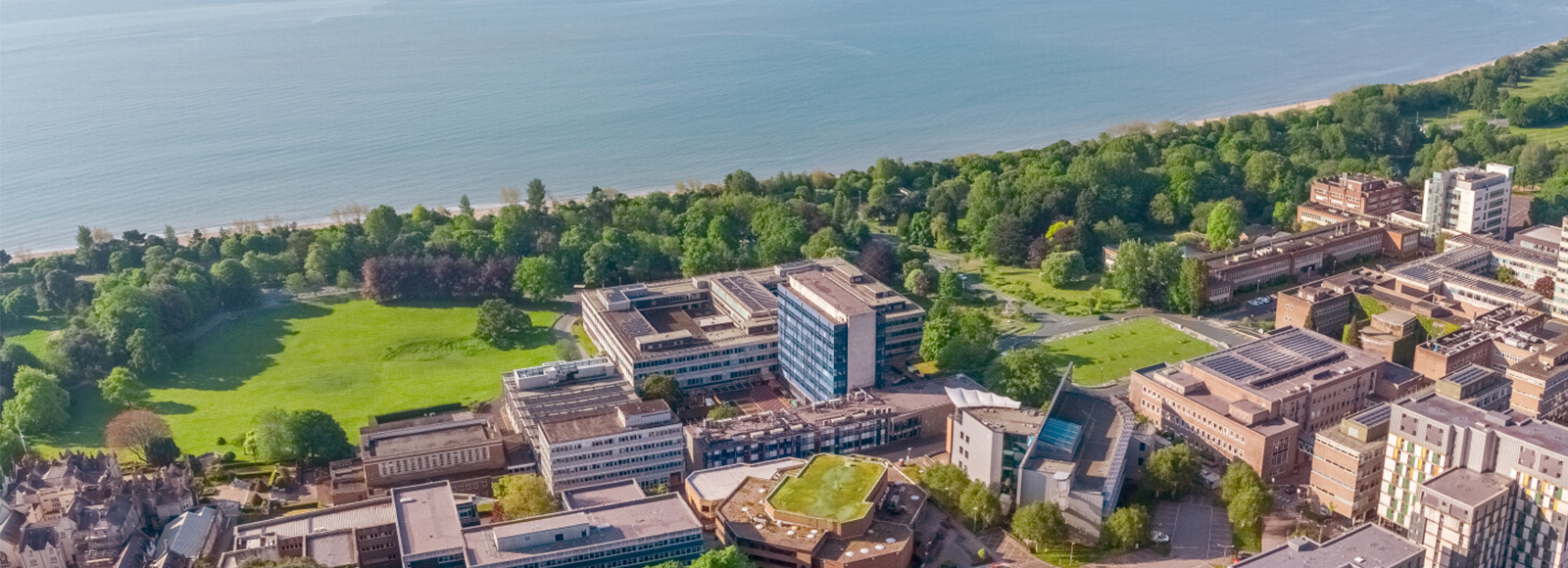- ...
Masters Compare - Find your perfect masters course.


Closing date: 02 June 2025
Open to: UK applicants only
Scholarship open to UK fee-eligible students only
Funding providers: EPSRC and the Waterloo Foundation
Funding duration: 3 years
Subject areas: Exercise Science, Biomedical Engineering
Project start date: 1 October 2025 (Enrolment open from mid-September)
Supervisors:
Aligned programme of study: PhD in Sport and Exercise Science/Biomedical Engineering
Mode of study: Full-time
Project description:
We have 2 PhD scholarships available, linked to a Waterloo Foundation project on the development of motor skills in children – Moves-UP. The 2 PhD students will work alongside the wider Moves-UP team, including academics in the departments of Sports & Exercise Science and Biomedical Engineering at Swansea University, clinical staff within the Swansea Bay University Health Board and teachers within a local Swansea schools network. The Moves-UP project addresses physical movement difficulties in children. Specifically, Developmental Coordination Disorder (DCD), a neurodevelopmental condition which impairs motor planning and coordination, complicating the acquisition of skills such as running and balancing. Learning difficulties further affect cognitive processing, motor planning, and execution, while limited opportunities for physical play restrict skill development, perpetuating a negative cycle of reduced activity and motor skill acquisition. Evidence suggests that targeted interventions, including adapted physical education, free play, and sports-based programs, can improve children's physical movement skills. The Moves-UP project works with children from across the Swansea area, in a school-based project and uses multiple assessment approaches: Inertial Monitoring Units (IMUs), high-resolution kinematics and a dynamic motor coordination assessment (Short Form Dragon Challenge) to compare the movement patterns of children with suspected DCD to their typically developing peers. The collective aims of the programme are to:
The 2 PhD studentships will involve interaction with both Sport & Exercise Sciences and Biomedical Engineering departments, with a lead department identified for each. They will provide specific support for the Moves-UP programme in the following areas:
PhD 1 – biomechanics of movement coordination in children (Lead department: Sport and Exercise Sciences)
PhD 2 – data analytics for diagnosis of neurodiverse conditions (Lead department: Biomedical Engineering)
For more details please see here: https://www.swansea.ac.uk/postgraduate/scholarships/research/engineering-epsrc-waterloo-phd-exercise-science-2025-rs824-.php
UK Students Only. Due to funding restrictions, this scholarship is open to applicants eligible to pay tuition fees at the UK rate only, as defined by UKCISA regulations.
Applicants for PhD must hold an undergraduate degree at 2.1 level (or Non-UK equivalent as defined by Swansea University) in Sports Science or similar relevant science discipline. See - 2025-Country-Specific-Entry-Requirement-document-MASTER.pdf
English Language
IELTS 6.5 Overall (5.5+ each comp.) or Swansea University recognised equivalent. Full details of our English Language policy, including certificate time validity, can be found here.
If you have any questions regarding your academic or fee eligibility based on the above, please email pgrscholarships@swansea.ac.uk with the web-link to the scholarship(s) you are interested in.
Funding
This scholarship covers the full cost of tuition fees and an annual stipend at UKRI rate (currently £20,780 for 2025/26).
Additional research expenses of up to £1,000 per year will also be available.
To apply, please complete the entire application form following this link to Learner Gateway
In order to be considered for this scholarship award the following steps are also required.
In ‘Proposed project title/studentship title’ please input either:
the relevant scholarship advert link,
3.In section ‘Funding information’ please choose the option ‘Scholarship Funding’ only. Please ensure no other options are selected.
*It is the responsibility of the applicant to list the above information accurately when applying, please note that applications received without the above information listed will not be considered for the scholarship award.
One application is required per individual Swansea University led research scholarship award; applications cannot be considered listing multiple Swansea University led research scholarship awards.
NOTE: Applicants for PhD/EngD/ProfD/EdD - to support our commitment to providing an environment free of discrimination and celebrating diversity at Swansea University you are required to complete an Equality, Diversity and Inclusion (EDI) Monitoring Form in addition to your programme application form.
Please note that completion of the EDI Monitoring Form is mandatory; your application may not progress if this information is not submitted.
As part of your online application, you MUST upload the following documents (please do not send these via email):
Informal enquiries are welcome; please contact Gareth Stratton g.stratton@swansea.ac.uk
*External Partner Application Data Sharing – Please note that as part of the scholarship application selection process, application data sharing may occur with external partners outside of the University, when joint/co- funding of a scholarship project is applicable.

Discover a range of postgraduate research funding opportunities at Swansea University Now more than ever, we recognise the importance of offering a ...